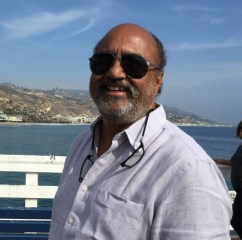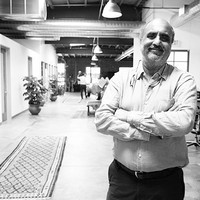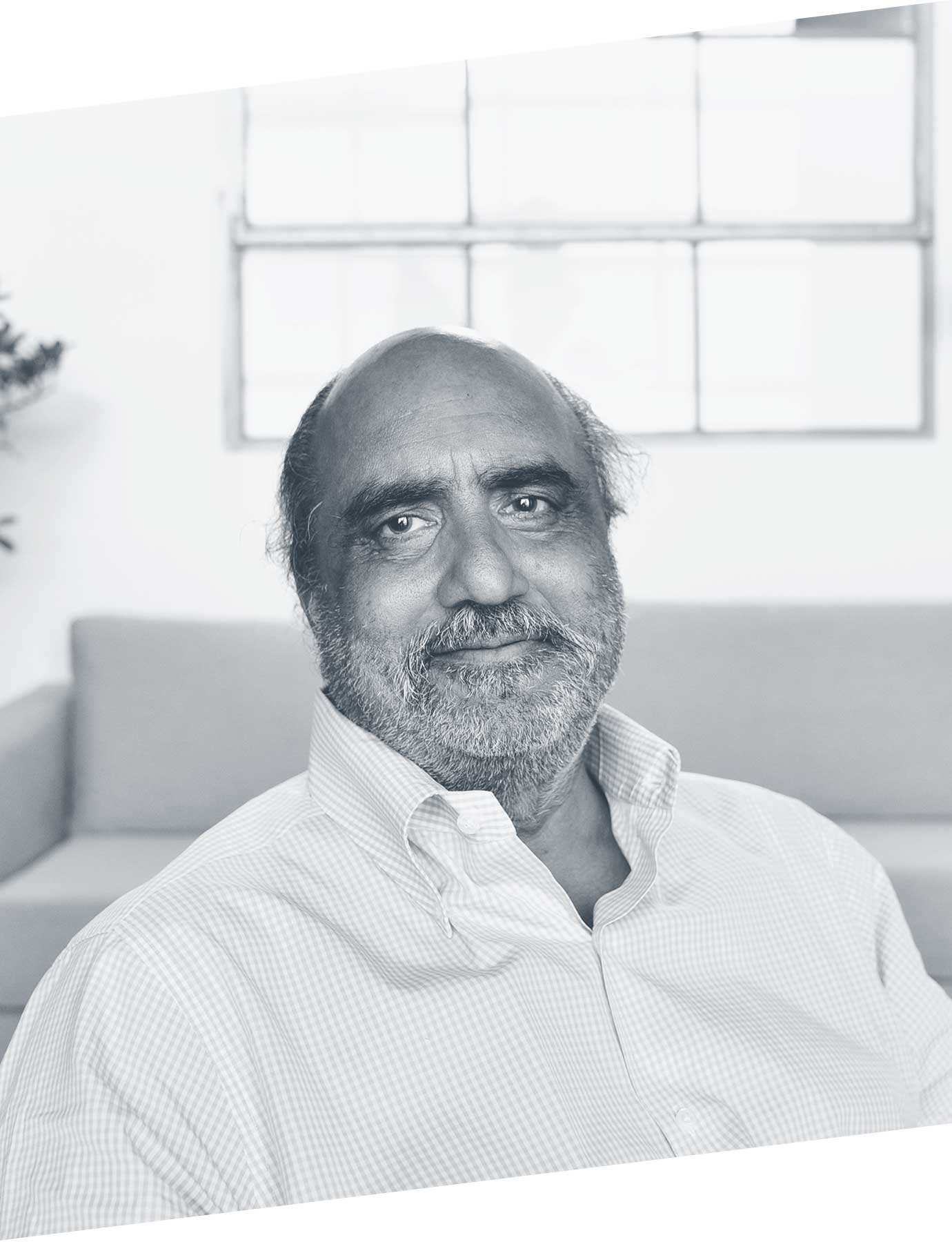We’re excited to introduce you to the always interesting and insightful Par Chadha. We hope you’ll enjoy our conversation with Par below.
Par, appreciate you joining us today. So, let’s start with trends – what are some of the largest or more impactful trends you are seeing in the industry?
One of the biggest trends I’m seeing is the shift toward cybersecurity as a service. It’s not just about having protection anymore. It’s about compliance and accountability at the highest levels of leadership. Regulators are now forcing companies to disclose cyberattacks publicly and have their executives sign off on findings under penalty of perjury. This has changed the game. It’s no longer enough to say you’re working on it. You need to have defensible systems in place that show you know what’s going on. And the problem is, nobody knows everything. The hackers are playing poker while the companies are forced to lay all their cards on the table. That imbalance creates a real vulnerability.
We saw this play out in real time with a major company. They were under attack for more than 60 days and still couldn’t bring their systems back online. They ended up paying a ransom, but no one wants to admit it. They lost six terabytes of data. That’s not just a breach…it’s a systemic breakdown. What this trend shows me is that we need tools and services that allow companies to stay ahead, to baseline their systems, and publish real findings confidently.

Par, before we move on to more of these sorts of questions, can you take some time to bring our readers up to speed on you and what you do?
I’ve always believed that people are the foundation of everything we do in business. I didn’t set out with a specific industry in mind. What brought me here was a desire to solve real problems… problems that slow people down, make their work harder, or prevent them from realizing their potential. Over time, that desire led me to build companies that sit at the intersection of automation, cybersecurity, AI, and service. I’ve been fortunate to work across several continents, from India to the U.S. to the Middle East, and I’ve carried those experiences with me into every boardroom and business decision.
What sets the brands I’m a part of apart is that we’re not just building technology. We’re building ecosystems that help people succeed. Whether it’s a cybersecurity platform that helps companies navigate complex regulations or automation tools that give small businesses flex capacity so they don’t have to hire 10 people to grow, we design with the end user in mind. I’m most proud when the people I work with—our employees, clients, or partners—feel they’ve been served, not managed. Because at the core of my approach is servant leadership. I don’t believe in taking credit, I believe in giving it, and I believe in closing the gap for others so they can do their best work. If there’s one thing I’d want people to know, it’s this: I’m here to help build your success story, not just my own.
Are there any books, videos or other content that you feel have meaningfully impacted your thinking?
I don’t often point to one book or video as the defining influence. My philosophy has been shaped more by experience and people than by materials. I’ve learned the most from being in the trenches, watching how people operate under pressure, seeing what breaks and what holds. That’s where the real education is. You can read a thousand books, but until you’re in a situation where someone’s struggling and you have to decide whether to step in or let them fail, you don’t really know what kind of leader you are.
That said, I value stories that are rooted in service and resilience. I look for lessons in history, in the way soldiers operate with commitment to a cause bigger than themselves. That idea of turning your work into a shared mission is central to how I lead. Leadership, to me, is not about power or position. It’s about responsibility. And that’s not something you read about, it’s something you live.

What’s a lesson you had to unlearn and what’s the backstory?
One lesson I had to unlearn was the idea that being the leader meant being the one with all the answers. Early on, I thought my job was to have solutions ready, to step in and fix things myself. But over time, I realized that true leadership isn’t about being the smartest person in the room. It’s about creating a room where everyone feels empowered to bring their best.
There was a moment, years back, when I saw how much time my team spent struggling with the same issues over and over. I could’ve just told them what to do, but instead I started taking on the parts they couldn’t solve… the gaps. I did the work with them, not above them. And what I learned was that when you help people succeed by doing what they can’t, not judging them for it, you don’t just fix a problem, you build loyalty, confidence, and capability. That’s when I truly embraced servant leadership. It flipped my mindset. You don’t lead by being in front, you lead by being behind, holding the weight when others can’t.
Contact Info:
- Website: https://hgmfund.com/
- Linkedin: https://www.linkedin.com/in/par-chadha-120226139/


